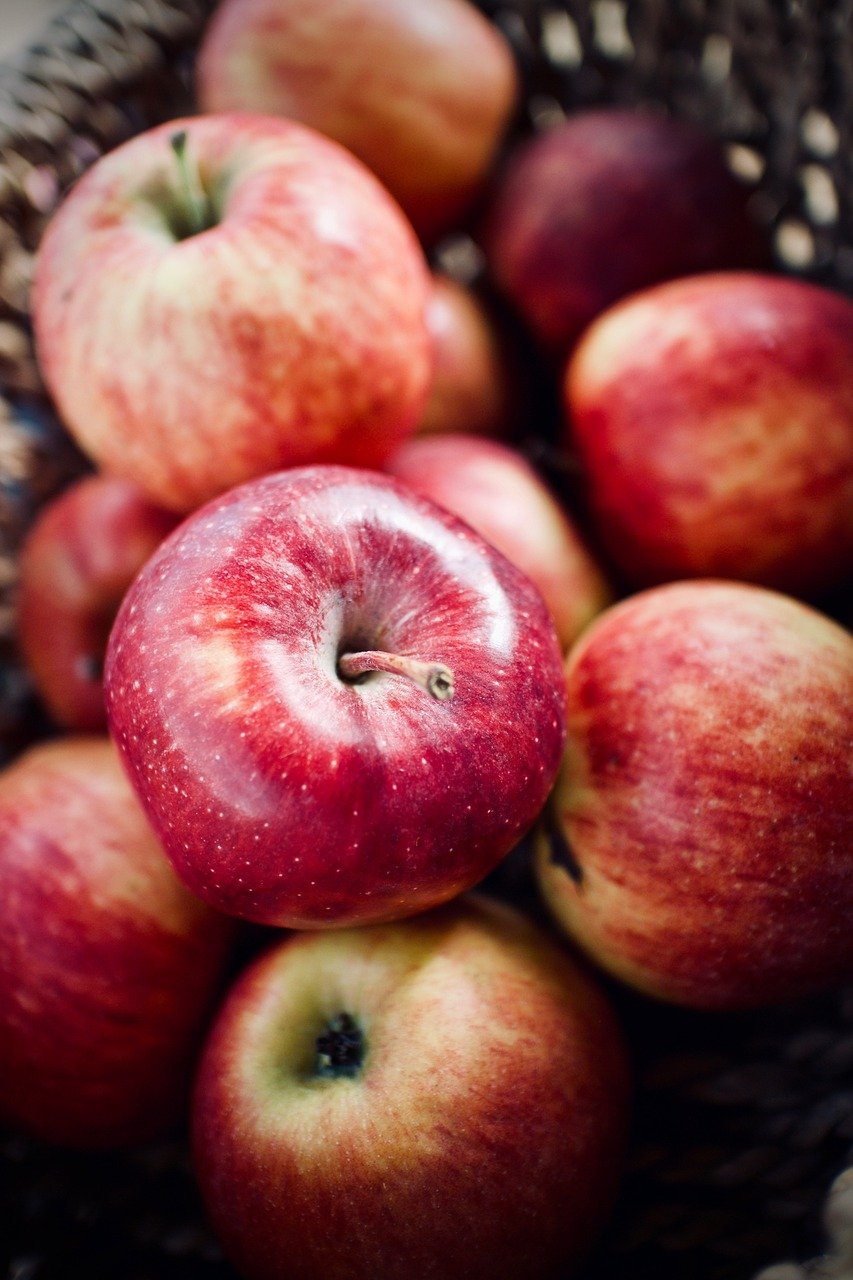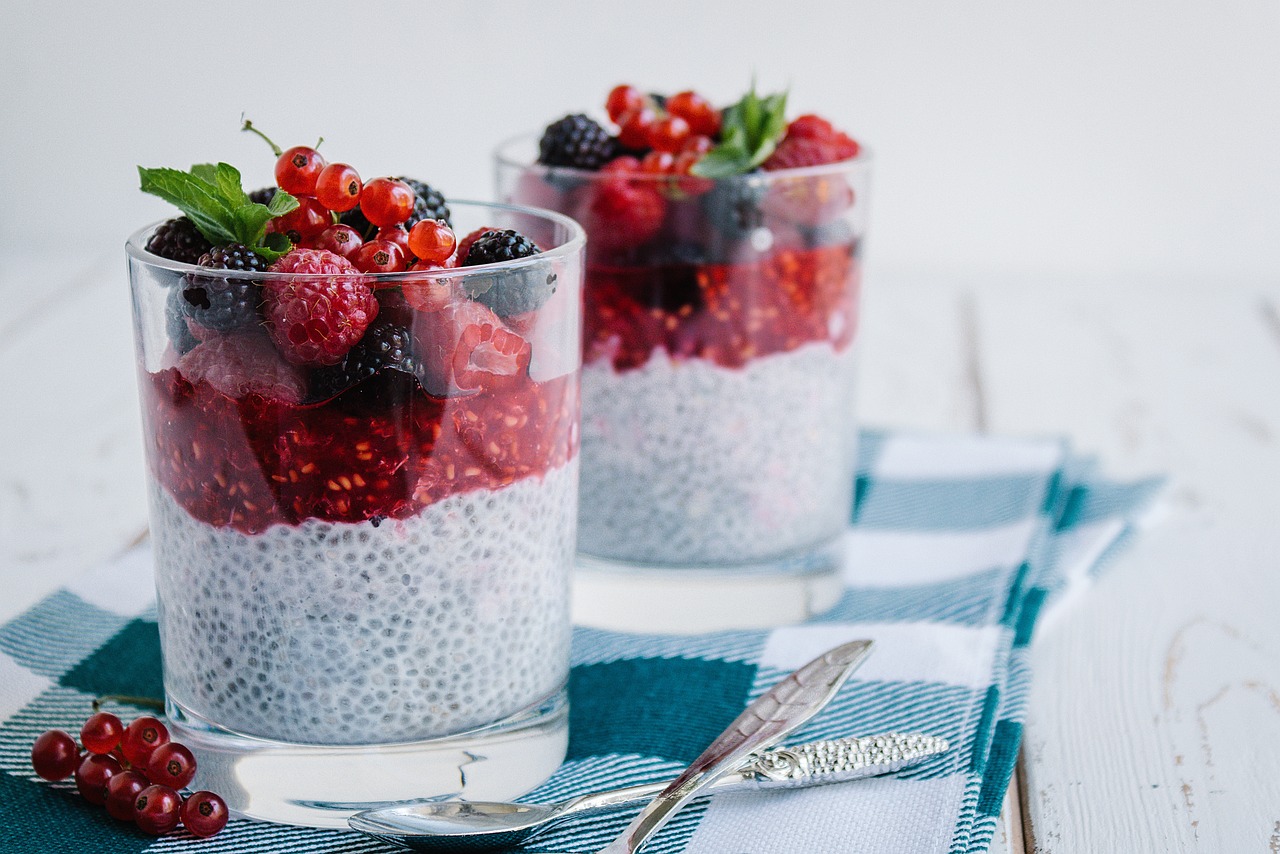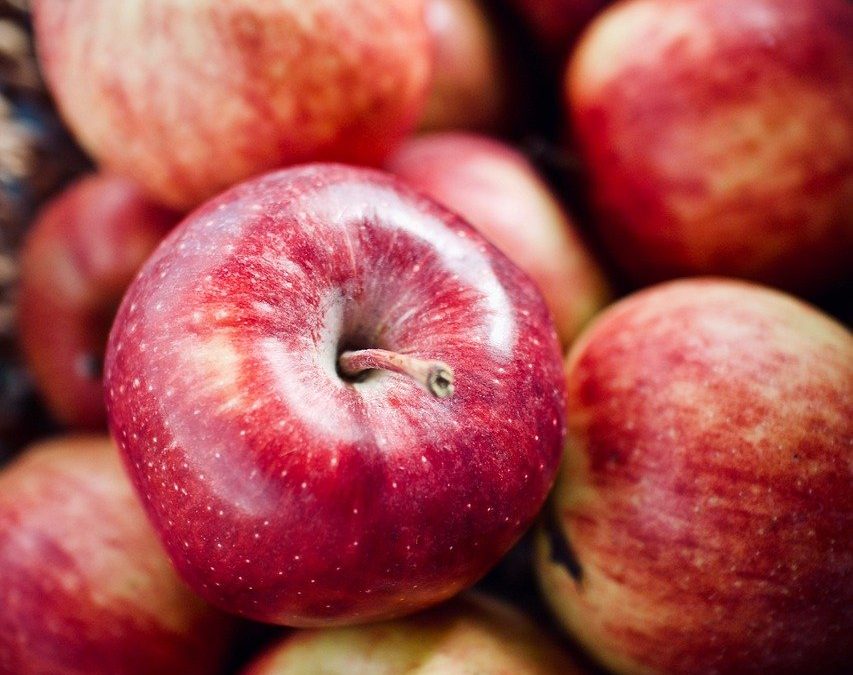Have you ever wondered how the food you eat affects your digestion? Would you like to improve your digestive health by making some simple changes to your diet? In this article, we will explore the importance of eating whole foods for better digestion. Let’s dive in and discover how you can optimize your digestion through your food choices.
What are Whole Foods?
Whole foods are foods that are minimally processed and free from artificial ingredients. These foods are as close to their natural state as possible and provide a wide range of nutrients that are essential for good health. Examples of whole foods include fruits, vegetables, whole grains, nuts, seeds, and lean proteins.
Eating whole foods can improve your overall health by providing your body with essential nutrients that support optimal functioning. By choosing whole foods over processed foods, you can reduce your intake of unhealthy additives, preservatives, and artificial ingredients that can disrupt your digestive system.
The Importance of Fiber in Whole Foods
One of the key components of whole foods is fiber, which plays a crucial role in digestive health. Fiber helps to regulate bowel movements, prevent constipation, and support the growth of beneficial bacteria in the gut. By including plenty of fiber-rich whole foods in your diet, you can promote regularity and keep your digestive system running smoothly.
Fiber can be found in a variety of whole foods, including fruits, vegetables, whole grains, nuts, and seeds. By incorporating a diverse range of fiber-rich foods into your meals, you can ensure that you are getting an adequate intake of this important nutrient.
Tips for Increasing Fiber Intake
- Start your day with a bowl of oatmeal topped with fresh fruit and nuts for a fiber-rich breakfast.
- Snack on raw vegetables, such as carrots and bell peppers, with hummus for a mid-afternoon fiber boost.
- Include a serving of beans or lentils in your meals to add extra fiber and protein to your diet.
By following these tips, you can increase your fiber intake and support better digestion through whole foods.

Beneficial Nutrients in Whole Foods
Whole foods are rich in essential nutrients that are beneficial for digestive health. These nutrients include vitamins, minerals, antioxidants, and phytonutrients that support various aspects of digestion and overall well-being. By consuming a diet rich in whole foods, you can ensure that you are getting a wide range of nutrients that are essential for optimal health.
Some examples of beneficial nutrients found in whole foods include:
- Vitamin C, found in citrus fruits, bell peppers, and strawberries, which supports immune function and aids in nutrient absorption.
- Zinc, found in nuts, seeds, and legumes, which plays a role in wound healing and supports gastrointestinal health.
- Antioxidants, found in colorful fruits and vegetables, which help to protect cells from damage and reduce inflammation in the body.
By incorporating a variety of whole foods into your diet, you can ensure that you are getting a diverse array of nutrients that promote better digestion and overall health.
How Whole Foods Support Gut Health
The health of your gut plays a crucial role in your overall well-being, as it is responsible for digesting food, absorbing nutrients, and supporting your immune system. Whole foods can help to support gut health by providing essential nutrients that nourish the digestive system and promote the growth of beneficial bacteria in the gut.
Probiotic-rich foods, such as yogurt, kefir, and sauerkraut, can support a healthy balance of gut bacteria and improve digestion. These foods contain live cultures of beneficial bacteria that can help to maintain a healthy gut microbiome and support optimal digestion.
Incorporating Probiotic Foods into Your Diet
- Enjoy a serving of yogurt or kefir with fresh fruit and granola for a probiotic-rich breakfast.
- Add a side of sauerkraut or kimchi to your meals as a flavorful and gut-friendly condiment.
- Drink kombucha or other fermented beverages as a refreshing and probiotic-packed drink option.
By including probiotic-rich foods in your diet, you can support gut health and promote better digestion through whole foods.

Choosing Whole Foods Over Processed Foods
Processed foods are often high in unhealthy fats, sugars, and additives that can disrupt digestion and contribute to various health issues. By choosing whole foods over processed foods, you can avoid these harmful ingredients and support better digestive health.
Whole foods are nutrient-dense and provide a wide range of essential nutrients that can nourish your body and support optimal digestion. By focusing on whole foods such as fruits, vegetables, whole grains, and lean proteins, you can reduce your intake of processed foods and improve your overall health.
Tips for Avoiding Processed Foods
- Opt for fresh fruits and vegetables instead of canned or frozen varieties, which may contain added sugars or preservatives.
- Choose whole grains, such as brown rice, quinoa, and whole wheat bread, over refined grains like white rice and white bread.
- Cook meals from scratch using whole ingredients, rather than relying on packaged or pre-prepared foods that are high in additives and preservatives.
By making these simple swaps and choices, you can prioritize whole foods and support better digestion through your diet.
The Role of Hydration in Digestive Health
In addition to eating whole foods, staying hydrated is essential for supporting optimal digestion. Water plays a crucial role in the digestive process by helping to break down food, absorb nutrients, and eliminate waste from the body. By drinking an adequate amount of water each day, you can support healthy digestion and prevent issues such as constipation and bloating.
Tips for Staying Hydrated
- Carry a reusable water bottle with you throughout the day to make it easy to stay hydrated.
- Drink a glass of water before meals to help aid digestion and promote a feeling of fullness.
- Infuse water with fresh fruit, herbs, or cucumber for a refreshing and flavorful hydration option.
By following these tips and making hydration a priority, you can support better digestion and overall health through proper hydration.

Meal Planning with Whole Foods
Planning and preparing meals with whole foods can help you make better food choices and support optimal digestion. By incorporating a variety of whole foods into your meals, you can ensure that you are getting a diverse range of nutrients that are essential for good health.
Tips for Meal Planning with Whole Foods
- Create a weekly meal plan that includes a variety of whole foods, such as fruits, vegetables, whole grains, lean proteins, and healthy fats.
- Prep ingredients in advance, such as washing and chopping vegetables or cooking grains and proteins, to make meal preparation easier during the week.
- Experiment with different recipes and cuisines to keep meals interesting and enjoyable while still focusing on whole foods.
By meal planning with whole foods, you can simplify your food choices, support better digestion, and optimize your overall health through your diet.
Conclusion
In conclusion, eating whole foods is a simple and effective way to improve your digestive health and support optimal well-being. By choosing whole foods that are rich in fiber, nutrients, and beneficial compounds, you can nourish your body, support gut health, and promote better digestion. By prioritizing whole foods over processed foods and staying hydrated, you can optimize your digestive system and feel your best. Start incorporating more whole foods into your diet today and experience the benefits of better digestion and overall health.
Related Content
- Unlock the Top 10 Nutrients in Raw Vegetables (2025s Essential Guide)
- The Ultimate Plant Based Whole Food Guide (2025): Transform Your Diet Today
- The Ultimate Guide to the nutrient value of organic produce in 2025: 7 Effective Tips to Maximize Benefits
- The Ultimate Guide to a Powerful Whole Food Diet Meal Plan for 2025
- Whole Foods and Menopause: Managing Symptoms Naturally







